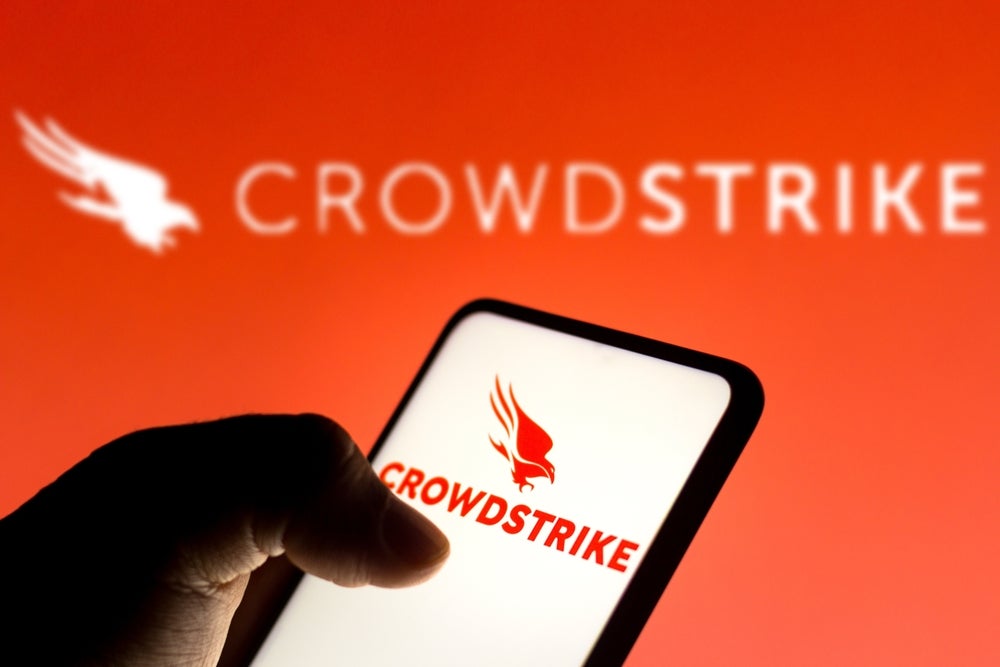Tech titan Apple is reluctantly releasing its monopoly on the App Store marketplace on iOS. According to Bloomberg, Apple will allow third-party app stores on iOS due to the new EU Digital Markets Act (DMA), which targets “digital gatekeepers” and aims to open up markets for smaller players.
Apple is notorious for taking a large cut of commissions on an app, with no alternative marketplace options for developers. Third-party app stores will change the entire app store and iOS business model and could see famous apps and companies moving away from the Apple App Store for better rates.
While third-party app stores will only be available in the EU, it will cause a global shake-up, as companies globally question Apple’s digital monopoly.
What is the DMU?
The EU Digital Markets Act (DMU) came into force on November 1, 2022, defining digital gatekeepers and providing clear “do’s and don’t’s” that companies need to respect. One of these is allowing third parties to “inter-operate” within the gatekeeper’s services. Companies that do not comply are at risk of fines of up to 10% of worldwide turnover, and 20% for repeated infringements.
Apple’s decision to allow third-party app stores is preemeptive; under the DMU, digital gatekeepers will not be identified until May 1, 2023, and the deadline for implementation is March 6, 2024.
Apple clearly violates many of the do’s and don’ts set out under the DMU. The big tech company notoriously requires a 30% cut on apps and in-app purchases. This falls to 15% after the first year and is always 15% for apps making less than $1 million per year. This is a huge concession and, until now, there was no alternative for apps on iOS, as the Apple App Store monopolized the entire iPhone.
How well do you really know your competitors?
Access the most comprehensive Company Profiles on the market, powered by GlobalData. Save hours of research. Gain competitive edge.

Thank you!
Your download email will arrive shortly
Not ready to buy yet? Download a free sample
We are confident about the unique quality of our Company Profiles. However, we want you to make the most beneficial decision for your business, so we offer a free sample that you can download by submitting the below form
By GlobalDataUS-based apps are also against Apple’s App Store monopoly
The changes will only take place in the EU, where the DMU operates. However, this is not the first time Apple has been criticized for its high prices and exclusive operating model.
American video games app Epic Games battled Apple in a high-profile lawsuit over App Store fees. Apple originally removed Epic Games from the App Store after Epic Games allowed Fortnite players to make direct in-app payments without Apple taking a cut. Epic Games took Apple to court, aiming to approve third-party app stores.
Demand for third-party stores will increase globally after companies, already dissatisfied with Apple’s policies, see the new operating model in the EU.
Third-party app stores on iOS in the EU
Apple will likely retain as much control as possible. It has a history of charging high fees and limiting third-party control, and has only made this change after it was mandated to do so with threats of high fines.
According to Bloomberg reports, Apple may mandate certain security requirements and verification standards for outside apps, and may potentially charge a fee. This is a way for Apple to retain control over the apps available on the iPhone. Nonetheless, third-party app stores on iOS in the EU will shake up the entire industry. US businesses like Epic Games are in favor of a similar model in the US, and EU legislation has shown that curtailing tech giants is possible.








Related Company Profiles
Apple Inc
Epic Games Inc